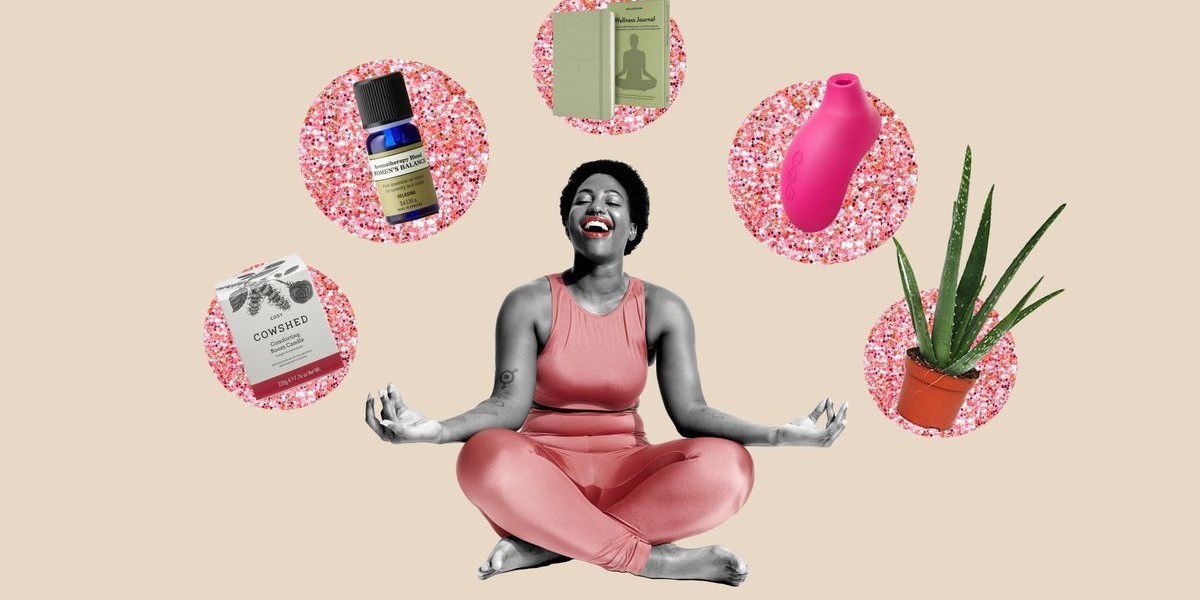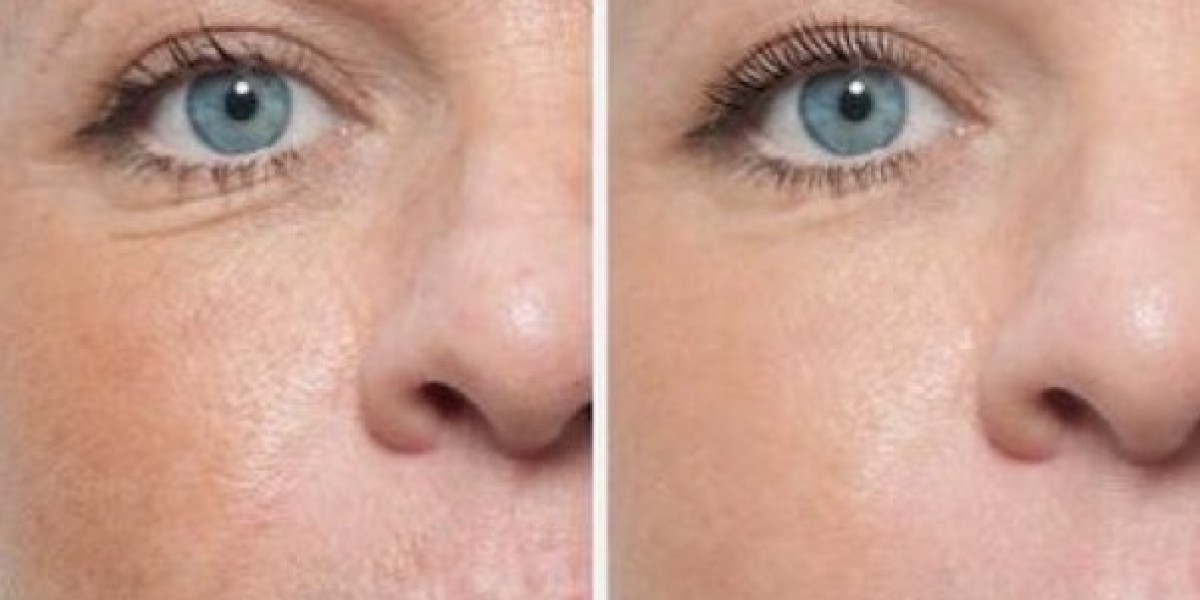It can be difficult to concentrate on daily duties and lead a happy and fulfilling life when experiencing anxiety, which can be a crippling and overpowering feeling. Anxiety may be managed and lessened, but it is a common sensation that millions of individuals endure on a daily basis. This article will discuss many methods for reducing anxiety, such as modifying one's lifestyle, practising relaxation techniques, and getting help from a professional.
Introduction: Knowing What Anxiety Is:
What Is Anxiety?
A sensation of fear or unease known as anxiety is frequently accompanied by bodily signs including perspiration, an accelerated heartbeat, and tensed muscles. It is a typical reaction to stress, and modest anxiety can be beneficial in spurring us to action or keep us away from potentially dangerous circumstances.
But if worry persists and becomes out of control, it can cause serious suffering and interfere with daily life. This is referred to as an anxiety condition, and managing it without the right assistance and care can be difficult.
Anxiety Disorder Types:
There are various varieties of anxiety disorders, such as:
Disorder of generalised anxiety (GAD)
panic attack
Disordered social anxiety
particular phobias
OCD, or obsessive-compulsive disorder
(PTSD) Post-traumatic stress disorder
Each of these illnesses presents differently and necessitates a distinct strategy to therapy. However, anyone who is experiencing anxiety relief can benefit from the advice and methods for reducing it that are covered in this article.
Lifestyle Modifications to Reduce Anxiety:
Exercise consistently:
Exercise is a good technique to relieve anxiety because it releases endorphins, which are organic molecules that improve mood. Additionally, it aids in easing stress and enhancing sleep, which can lessen the effects of worry.
Consume a Healthy Diet:
A balanced, healthy diet can aid in enhancing general wellbeing and easing anxiety relief symptoms. Foods heavy in sugar, caffeine, or alcohol should be avoided because they might make anxiety symptoms worse.
Get Enough Sleep:
Sleep deprivation can increase anxiety symptoms, so it is crucial to prioritize sleep. Aim for at least seven to eight hours of sleep each night and establish a consistent sleep routine.
Limit Stimulants:
Stimulants such as caffeine and nicotine can increase anxiety symptoms, so it is important to limit their intake or avoid them altogether.
Practice Mindfulness:
Mindfulness involves paying attention to the present moment and accepting it without judgment. This can help to reduce anxiety relief symptoms and improve overall well-being.
Relaxation Techniques for Anxiety Relief:
Deep Breathing:
Deep breathing exercises can help to reduce tension and calm the mind. Breathe in through your nose for four seconds, hold for seven seconds, and exhale through your mouth for eight seconds.
Progressive Muscle Relaxation:
Progressive muscle relaxation involves tensing and relaxing different muscle groups to reduce tension and promote relaxation. Start by tensing your toes and gradually work your way up to your head.
Visualization:
Visualization involves imagining a calming and peaceful scene to promote relaxation. Close your eyes and imagine yourself in a serene environment, such as a beach or a forest.
Yoga:
Yoga combines physical movement with mindfulness and deep breathing to promote relaxation and reduce anxiety symptoms.
Seeking Professional Help for Anxiety Relief:
Therapy:
Therapy can help to identify the root causes of anxiety and develop strategies for managing symptoms. Cognitive-behavioral therapy (CBT) is a common approach to anxiety relief treatment.
Medication:
A medical expert may recommend medication to treat the symptoms of anxiety. Common drugs used to treat anxiety include beta-blockers, antidepressants, and anxiety meds.
Support Groups Support groups offer those who are anxious a secure and encouraging environment. They can be a great source of support, guidance, and compassion.
Conclusion:
Although dealing with anxiety relief can be difficult, there are several techniques to control and reduce symptoms. Making lifestyle adjustments like getting adequate sleep, eating a healthy diet, and exercising frequently can help to enhance overall wellbeing and lessen the symptoms of anxiety.
Deep breathing, progressive muscle relaxation, visualisation, and yoga are all relaxation practises that can help people unwind and release tension.
To control the symptoms of anxiety, it may occasionally be necessary to seek professional assistance. Effective methods for treating anxiety relief include counselling, medication, and support groups.
It is critical to keep in mind that experiencing anxiety is typical and that asking for help is a show of strength. People can manage their anxiety and lead happy, meaningful lives by putting these advice and techniques into practise.
FAQs:
Is anxiety a common experience?
Yes, anxiety is a common experience affecting millions of people worldwide.
What are the different types of anxiety disorders?
There are several types of anxiety disorders, including generalized anxiety disorder, panic disorder, social anxiety disorder, specific phobias, obsessive-compulsive disorder, and post-traumatic stress disorder.
Can lifestyle changes help to manage anxiety?
Yes, making lifestyle changes such as exercising regularly, eating a balanced diet, and getting enough sleep can help to manage anxiety symptoms.
When is seeking professional help necessary for anxiety?
Seeking professional help may be necessary when anxiety symptoms are persistent and interfere with daily life.
What are some effective approaches to anxiety treatment?
Therapy, medication, and support groups can all be effective approaches to anxiety treatment.








